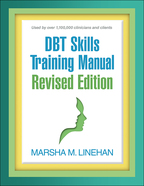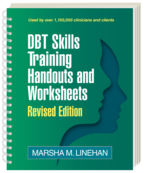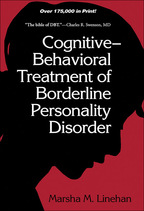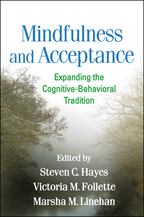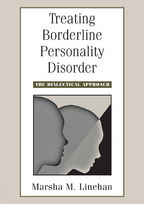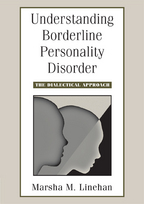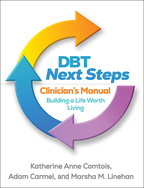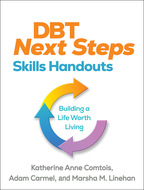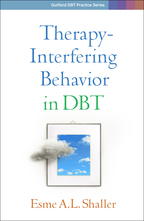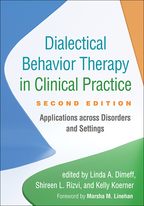DBT Skills Training Manual
Revised Edition
Marsha M. Linehan
HardcoverPaperbacke-bookprint + e-book
Hardcover
orderOctober 1, 2025
ISBN 9781462558216
Price: $108.00 502 Pages
Size: 8.5" x 11"
Paperback
orderAugust 6, 2025
ISBN 9781462556359
Price: $72.00502 Pages
Size: 8.5" x 11"
e-book
orderAugust 14, 2025
PDF and Accessible ePub ?
Price: $72.00 502 Pages
ePub is Global Certified Accessible
print + e-book $144.00 $86.40
orderPaperback + e-Book (PDF and Accessible ePub) ?
Price: 502 Pages
ePub is Global Certified Accessible
Check out a special package offer including this title!

Check out Guilford Digital for DBT, the app that streamlines key aspects of DBT delivery and skills training, from customizable diary cards to Marsha Linehan's complete skills library.
| Watch the book trailer for DBT Skills Training Manual: Revised Edition. |  |
Sign up for emails on upcoming titles on Dialectical Behavior Therapy (DBT) (with special discounts)!
The definitive skills training manual embraced by Dialectical Behavior Therapy (DBT) practitioners worldwide is now in a revised edition, reflecting important shifts in language, technology, and daily life. All skills, guidelines, and examples have been retained from the bestselling second edition, with updates throughout to enhance usability and inclusivity. In a convenient 8½" x 11 format, the book provides complete instructions for orienting clients to DBT, structuring group sessions, troubleshooting common problems, and tailoring skills training curricula for different settings and populations. It offers detailed teaching notes for the full range of mindfulness, interpersonal effectiveness, emotion regulation, and distress tolerance skills, and describes how to use the associated handouts and worksheets. Handouts and worksheets are not included in this book; they can be found in the related volume, available separately: DBT Skills Training Handouts and Worksheets, Revised Edition.

